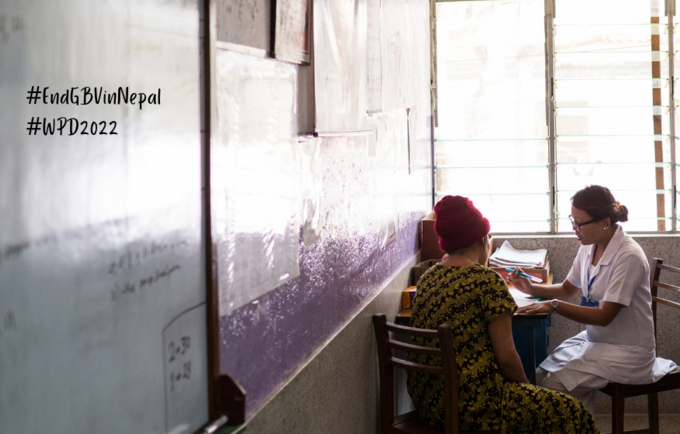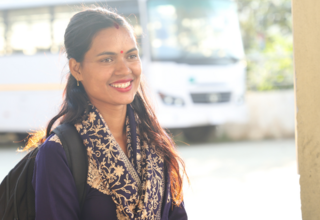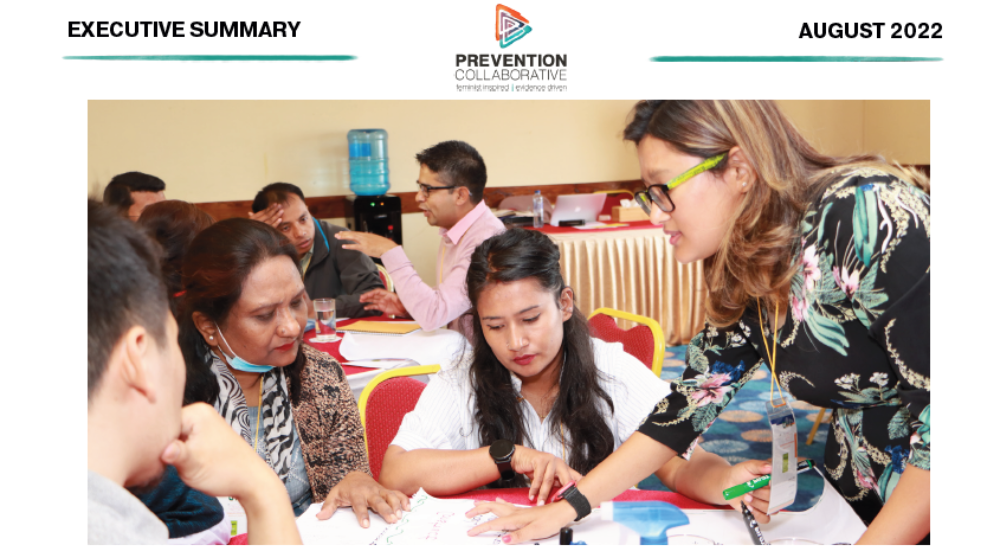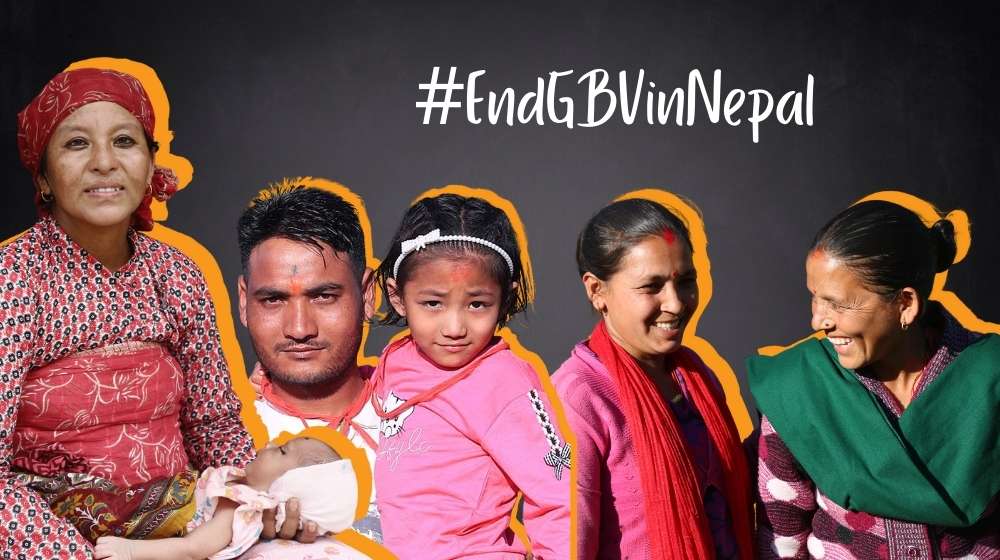The world as we know it has close to 8 billion people. 8 billion people who should ideally have equal opportunities and access to education, healthcare and in general, the right to life. This however, is far from the reality we live in.
In many corners of the world, women and girls from all walks of life face discrimination in many forms. For some, this may be a lack of opportunity to enter a boardroom and have a seat at the table, while for some, it may be the denial of education so rearing and caring duties become the focus even at a young age. In several places across Nepal, discriminatory norms start even before the birth of a child.
Gender Biased Sex Selection (GBSS)
Nepal has been identified as a country with a strong preference for a son ever since the World Fertility Surveys first documented the phenomenon in the 1980. Since then, the country has been showing signs of skewed or distorted sex ratios at birth with male children far exceeding female children in some districts. This is referred to as Gender Biased Sex Selection (GBSS) which generally means the preference of selecting the sex of one’s offspring - in this case (and in several other countries), preference for a son.
Beyond the immediate issue of non-acceptance of the girl child by the family, this has other far-reaching dire consequences, affecting the wellbeing of both the child and the mother throughout their entire life-cycle.
Laxmi Bayak
Take for example Laxmi’s life story.
Laxmi Bayak* and her mother were abandoned and evicted by her father when Laxmi was just a child, simply for being born a girl. Unable to cope with the expenses of raising the child, Laxmi was married off at an early age. She had hoped to pursue her studies but her husband and his family objected to it, confining her to the household. She was soon pregnant and gave birth to a baby girl which was not accepted by her in-laws. Laxmi was forced to have more children in the hopes of producing a son, but her second and third babies were also girls, and for this, she was daily punished with laborious chores. Her mother-in-law and sister-in-law also abused her physically and verbally, with her husband turning a blind eye. Before long, Laxmi’s in-laws forced her and her children out of the house, stating that the children were not her son’s but the children of other men.
With just the clothes on her back, she and her children walked for 3 days just to reach a safe house. At the safe house Laxmi and her children were weak and barely spoke of their ordeal. They were then taken to the nearest One Stop Crisis Management Center for a detailed checkup and thereafter brought back to the safe house where she and her children received food, counselling, legal support with most importantly, a roof above their head. Soon, she started engaging in recreational activities available within the safe house. On Laxmi's request, family counseling sessions also began with her family.
"After having three girls, society made me believe that I was under the spell of some witchcraft just because I didn't have any sons. But staying here and recuperating has really helped me. I love my daughters and will be strong and confident enough to protect them and help them have a good life. There are many others like me. I hope I get to tell them that it’s not their fault. God is not behind all this" says Laxmi.
Laxmi is just one of countless other women who face these discriminatory norms which in the end, prevent them from enjoying their full potential. Laxmi was able to seek help but there are several women and girls who continue to be shunned in society just for having girls - many of whom go through the pain in silence thinking they deserve or that they are indeed cursed or that it is normal. If left unchecked, these norms can further perpetuate and be passed down from generation to generation, just as it was for Lakxmi. Gender biased sex selection is also linked to other discriminatory practices such as child marriage, dowry, wife-beating etc.
World Population Day
If we are to break the cycle of violence, we must start now. Start by challenging the norms!
This World Population Day (WPD), which is universally marked on July 11, let’s take some time to reflect on these discriminatory practices.
WPD is an opportunity to think critically about the current global population and its ongoing growth trajectory, but it goes beyond just population figures. Yes, each and everyone needs to be accounted for but population dynamics also need to be analyzed. Therefore, it's about humanity as a whole and without achieving gender equality, this will mean nothing.
Ensuring women’s bodily autonomy and right to a full life is the first step toward gender equality. However, we must expand the fight for gender equality to include young girls, teens and even unborn babies. Girls must have equal access to education, healthcare including reproductive healthcare services and careers. Giving women and girls a sense of agency will prevent them from number of dangers, including gender-based violence, gender-biased sex selection, child marriage and a myriad other patriachal issues.
UNFPA** is committed to this mandate to ensure that every pregnancy is wanted, every childbirth is safe and every young person's potential is fulfilled. The work of UNFPA is based on the premise that everyone is entitled to equal rights and no one should be left behind.
This World Population Day, let us remind ourselves that we need to be part of the change we want to see. We must make conscious decisions to challenge the gender biases and socio-cultural norms that prevent women and girls enjoying the full potential of their lives!
*Ends*
*Names have been changed to maintain confidentiality.
**UNFPA's work in addressing gender-biased sex selection is made possible with funding from Norad and previously, the European Union.




